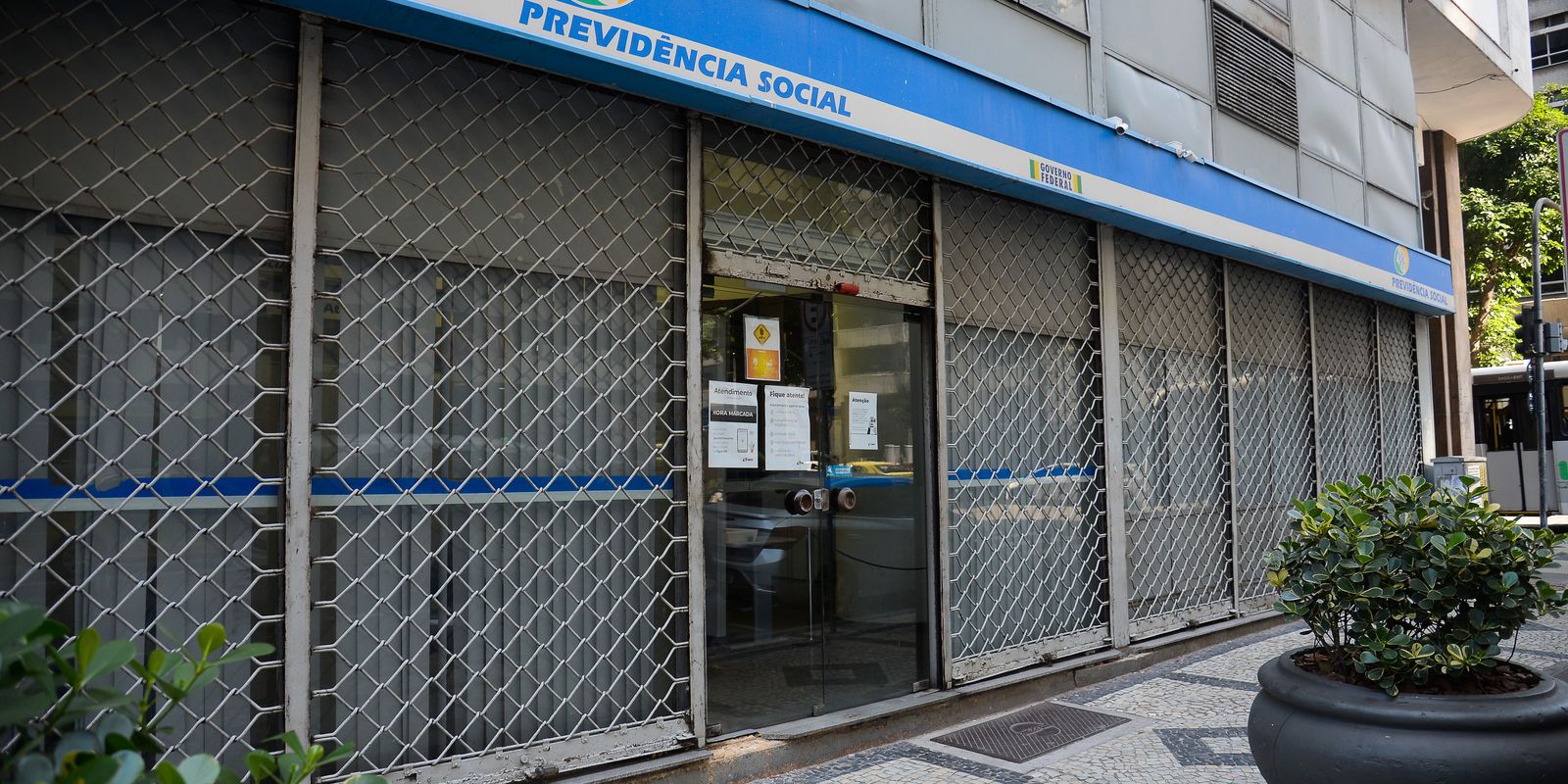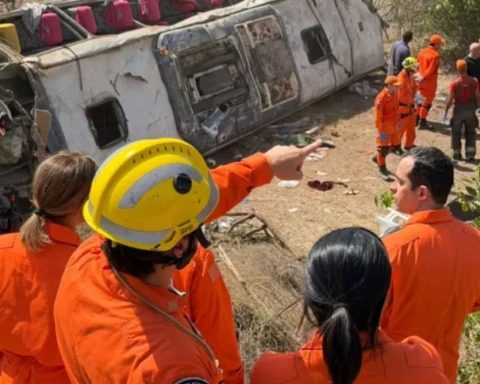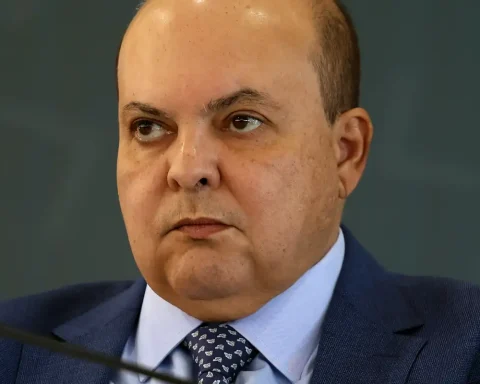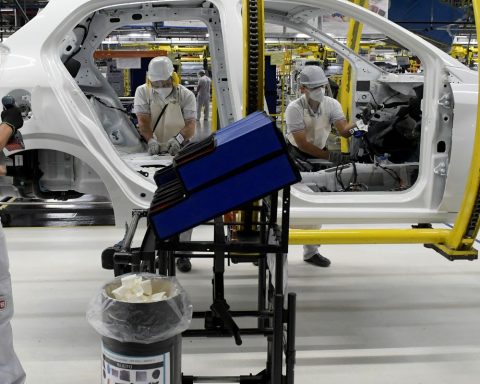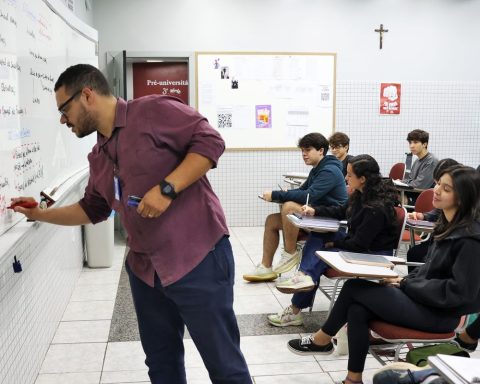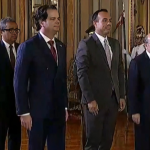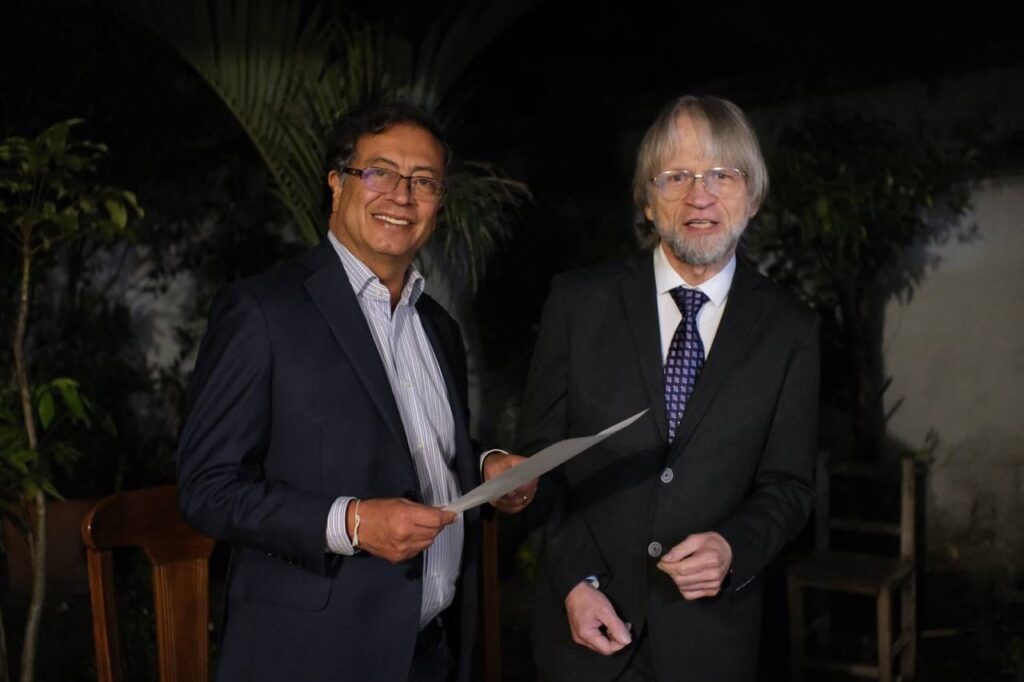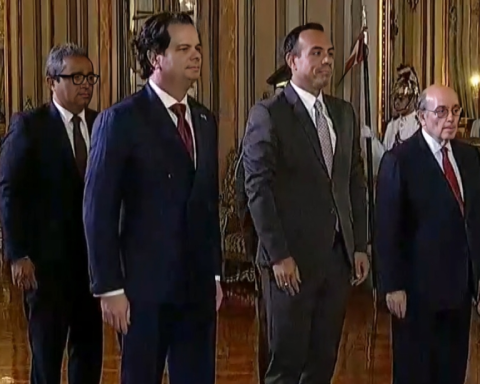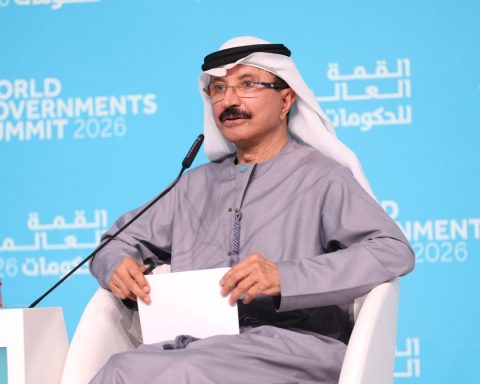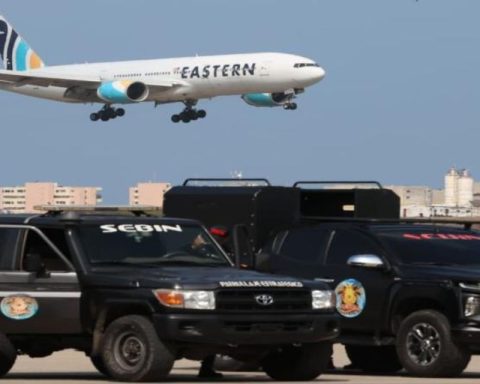The National Institute of Social Security (INSS) has extended, until June 30, the validity of the “pilot experience” for carrying out medical expertise through tele-assessments. The extension is provided for in the Joint Ordinance No. 3published in Official Diary of the Union today (3).
Valid for 90 days, the pilot experience was instituted in January, through the Ordinance No. 1404published on January 13, in compliance with the decision of the Minister of the Federal Audit Court (TCU) Bruno Dantas.
The ordinance determined that the “pilot experience” of medical expertise using teleassessment would be “carried out together with municipal governments that have a technical cooperation agreement with the INSS”, which will be responsible for providing, by electronic means, the draft agreement and the work plan.
experts
When the first ordinance was published, the president of the ANMP, Luiz Carlos Argolo, argued that there are differences between teleexperiences and teleservices, especially because the first has an investigative nature.
On January 28, a new ordinance no. 1establishing the operationalization flow for medical expertise using teleassessment, also in compliance with a decision by the TCU.
This “operational flow” was established as a pilot experience with municipalities “that have a Technical Cooperation Agreement (ACT) with the INSS”. The ordinance described powers attributed to the Undersecretary of Federal Medical Expertise (SPMF), through its Regional Coordinations of Federal Medical Expertise.
Among them, providing technical support to the municipalities participating in the pilot; and to provide technical support to the entities participating in the pilot “in terms of handling the system made available for carrying out the medical examination using teleassessment”.
The new ordinances, however, did not change the ANMP’s position. Argolo says that the measure should not reduce the waiting time for service. “Any and any instrument for remote, virtual and indirect assessment of policyholders will always serve as a false hope of reducing service queues, without any success”, he said today. For him, it is necessary to recompose the staff and allocate 100% of the servers to face-to-face service.
“Regarding the PUT [perícia médica com uso de teleavaliação]specifically, it is worth reiterating that this is a blatantly technical and unethical measure, which already has several contrary opinions by Organs responsible bodies”, he added.
